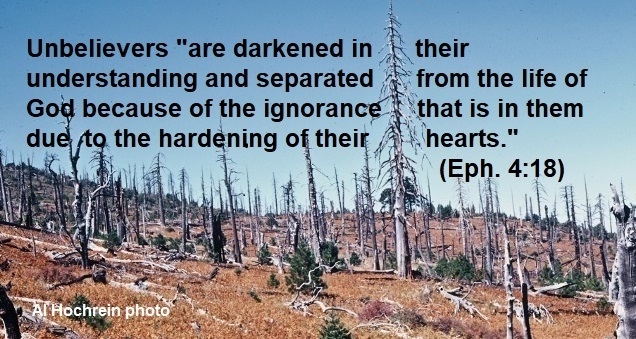
Part One: American’s “Longest” War Is Not on the Battlefield
When I refer to America’s “longest” war, I’m not referring to the war on terrorism being fought on various fronts around the world. I’m referring to a cultural war among Americans themselves over ideas, beliefs, and behaviors. I’m referring to a great moral struggle that can destroy this powerful country as quickly and completely as any conventional war. It has happened before.
Historian David Wells observes that the fall of Rome has always perplexed historians. On the surface, it shouldn’t have happened. How could wild barbarians defeat the most powerful civilization the world had ever known up to that time? Many other historians believe that, ultimately, Rome was not defeated by outsiders but by its own moral decline.
The following exert from Wells’ book, Losing Our Virtue; Why the Church Must Recover Its Moral Vision, draws a parallel between the fall of Rome and the precarious moral state of America today:
If this surmise has any validity at all, should we not view our own deep destructive social pathologies and the rotting of our national character with some alarm? America seems so strong, so invincible as it bestrides the world, its technology unmatched, its economic system robust . . . its government stable. . . . Rome, however, once occupied a comparable position in the ancient world, and against every human calculation and expectation, it fell. A fate as improbable as this is not beyond the repetition, even for America, if this nation cannot address its own disintegrating life, for no civilization will endure forever. (p. 7-8)
This grim indictment of America appears to be coming true. Until recent times, the Christian worldview dominated American culture. Christian principles and values largely underlaid governmental policies and the standards for judicial, educational, ethical, and social behavior in this country. This is not true in today’s secular postmodern culture. People have become apathetic, even indifferent, to immoral behavior that a few decades ago was universally recognized as evil and condemned. Vulgarity and violence flood our entertainment. Cheating is commonplace in our universities, as is corruption and greed in our great corporations. Our judicial system has legalized abortion and other immoral behaviors that were illegal and considered sinful a generation ago. Says the late theologian, Dr. Harold O. J. Brown:
Much of the nation outside the government, and especially all that pertains to the elite or the establishment, has been or has recently become in essence anti-Christian, anti-Jewish, anti-natural law, and implicitly or explicitly pagan. All the nation’s great secular universities, private and public, have turned pagan, with the exception of occasional faculty members, department heads, and other officials who have remained true to Christianity or observant Judaism. (“The Christian Future of America: Two Views; A Decisive Turn to Paganism,” Christianity Today, August 2004, 42.)
Next week we’ll see how and why Christians responded ineffectively to the growing culture war between secularism and the Christian worldview that began in the early 20th century—and continues in 21st century postmodernism. ©
The ultimate reason that Christianity is on decline, in the 21st Century, is because it was written that things will become like The Days Of Noah. This is prophecy, fulfilled.
It seems like we may be approaching the “Days of Noah,” although there are still millions of devout Christians in America. Perhaps a better parallel would be the nation of Israel prior to their captivity in Babylon. They continually turned from God, engaged in immoral behaviors, and increased in apostasy until they reached a point of no return, and God punished them for seventy years in Babylon. This seems to be the case in America beginning in the 1960s. Certainly, as a nation, we deserve God’s punishment for turning from our Christian roots, and for the immoral behaviors now sanctioned in America and even legalized in many cases.